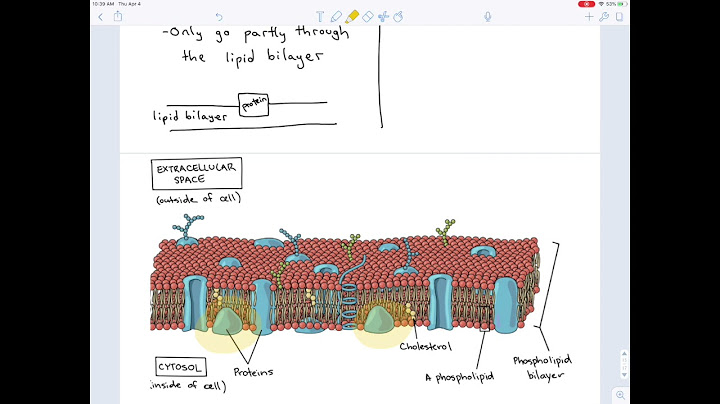Universal life insurance, a type of permanent life insurance, comes in different varieties. Variable universal life offers the potential for cash value growth through investment funds. Show
Understanding variable universal life insuranceNot all life insurance policies are alike. Here, we’re looking at the basics of a variable universal life (VUL) insurance policy that includes what it is, how it works, and a few of the pros and cons. Variable universal life insurance is a permanent life insurance policy that allows for growth. The cash value of a variable universal life policy can be invested to grow the value of the account. How variable universal life insurance worksLike whole life and universal life (UL) insurance , VUL is a permanent* life insurance policy with the potential to earn cash-value over time. It’s similar to UL insurance, but instead of earning a specific crediting rate on the cash-value component, VUL allows you to put some or even all of the cash-value you may have in your policy, into a “variable account” comprised of investment funds. The dual nature of VUL provides you with valuable life insurance coverage, along with a cash-value component that permits you a certain degree of control over where you want to allocate the cash-value portion of your policy for greater earning potential along with the market risk that comes along with it. Who can benefit from variable universal life insurance?Before investing in a VUL policy, it’s important to assess if this is the best type of life insurance for you. Because VUL involves market investments, there is some market risk. Those who are risk averse may wish to investigate other life insurance options. However, for those who are comfortable proactively managing their investments, VUL may be a good option. Advantages of variable universal life insurance
Disadvantages of variable universal life insurance
Tax and retirement implicationsVUL can serve as a resource for retirement and tax planning with its market-based cash value growth potential and tax advantages. Consider some of the retirement and tax advantages that come with VUL.
If you don't qualify for a Roth IRARoth IRAs can be a great way to save for retirement. However, if you're in a high-income tax bracket, you may not qualify for a Roth. The Internal Revenue Service has a set of rules to qualify individuals who can contribute to a Roth IRA. One set of rules pertains to income limits. If your income exceeds a certain amount, you will not be allowed to contribute to a Roth IRA. With a VUL, individuals in high-income brackets can allow any cash-value growth to build over time, similar to after-tax contributions to a Roth IRA. Key takeaways of variable life insuranceBefore deciding if VUL is right for you, consider your goals for purchasing life insurance. This type of policy offers a way to help provide for loved ones after your death, while simultaneously growing cash value that can be used in any way you choose. Because of its cash value potential, a VUL can be a way for you to compliment your retirement nest egg, while at the same time, have the life insurance coverage you need. For more information on other types of life insurance including universal life and indexed universal life, visit the Protective Learning Center. *As long as required premium payments are timely made. **Unpaid loans and partial withdrawals reduce cash value and death benefit. *** Loans outstanding at policy lapse or surrender before the insured's death will cause immediate taxation to the extent of gain in the policy. Investors should carefully consider the investment objectives, risks, charges and expenses of the applicable variable universal life insurance policy and its underlying investment options before investing. This and other information is contained in the prospectuses for the applicable variable universal life insurance policy and its underlying investment options. Investors should read the prospectuses carefully before investing. Prospectuses for Protective Variable Universal Life policies may be obtained by contacting PLICO at 800.265.1545. WEB.1684.07.15 How is variable whole life different from variable universal life?Variable life insurance is a type of permanent life insurance with a flexible death benefit — the amount paid when you die. Variable universal life insurance, often called VUL, has a similar flexibility in its death benefit, while also offering adjustable premium payments.
What is the difference between variable life insurance and variable universal life insurance?Differences between universal life insurance and variable life insurance. The cash value grows differently: Universal life insurance has unpredictable interest rates that change based on the market. Variable life insurance has more predictable rates because you choose which sub-accounts grow your cash value.
What is the difference between whole life term life and universal life?Whole life insurance offers consistent premiums and guaranteed cash value accumulation. Universal policies provide flexible premiums and death benefits but have fewer guarantees. You can borrow against or withdraw the cash value with both a whole or universal policy.
Is variable universal life insurance worth it?Is variable universal life insurance a good investment? VUL isn't a good investment for most people. It comes with fees and complexity at a high price that isn't worth the investment returns. Most people will save more by using a traditional investment account and buying term life insurance.
|

Related Posts
Advertising
LATEST NEWS
Advertising
Populer
Advertising
About

Copyright © 2024 themosti Inc.




























